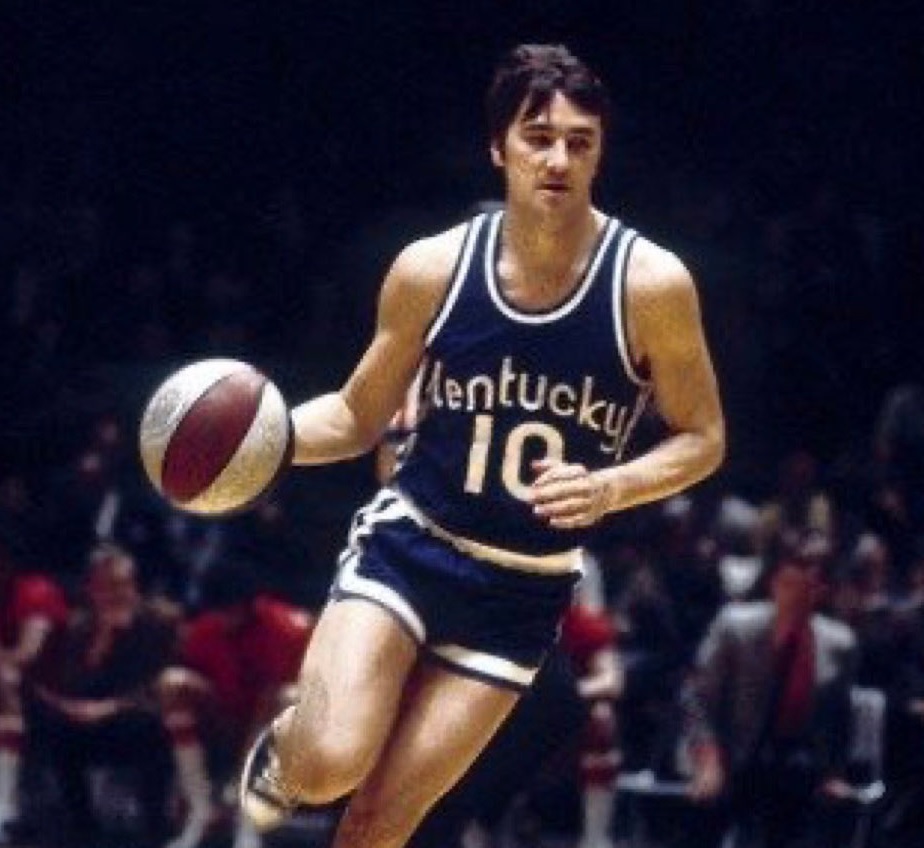Enough With the Sideshow, Time For The MLB Playoffs

A blown umpire call let the St. Louis Cardinals get away with a major blunder in the eighth inning on their way to defeating the Atlanta Braves in the Wild Card Playoff Game.
Even after nearly eight hours of baseball, one of the worst calls in playoff history, uneven play by every team and victories by the two road teams, it is still hard to know exactly what to make of the first “Wild Card Day” in Major League Baseball history.
Since in the old playoff system the Orioles and Rangers, who were tied with records of 93-69, would have been meeting in a one-game playoff, there really was just one game that was added to the playoff schedule in the new format. And while there was some excitement, there was also controversy and ultimately a team having their season end in a one game showdown despite finishing six games better than the other team during the 162 game regular season.
For the Atlanta Braves, it marks the second straight year that they have been edged out of a trip to the LDS by the St. Louis Cardinals. However, unlike in 2011 when the Cardinals used a month-long Braves collapse to sneak ahead of them in the standings, this time they did it with a head-to-head wild card victory.
Some have used the awful infield fly call in the eighth inning as justification as to why you need more than a one game “winner take all” playoff to determine which team will advance. The thinking being that over time breaks even out and seasons shouldn’t be decided on one questionable call.
I understand the argument, but the reality is that while the eighth inning call will go down as one of the worst umpiring mistakes in playoff history (whether MLB wants to acknowledge it or not), there were many other instances that contributed to the Braves’ loss. The atypical fourth inning error by future Hall of Famer Chipper Jones directly led to three runs and erased an early 2-0 Braves lead. The Braves made three errors during the game and only two of the six runs given up were credited as “earned runs.”
Offensively, the Braves left 12 runners on base and were 1-8 with runners in scoring position. They had runners on second and third in each of the last three innings, but were unable to get any of them home.
Certainly folks in Atlanta are disappointed with another early end to the season and particularly that it means the end of the career for Jones, but the Braves have known for months that only the division winners were guaranteed a spot in the LDS, so ultimately the team has to take responsibility for not coming through in the decisive game.
Certainly the same can be said for the Texas Rangers, but as a team that spent most of the season with baseball’s best record, the fall from postseason favorite to out of the playoffs was swift and unexpected.
The Rangers led the AL West for all but the first three days and last one day of the season, so it is likely they never really thought about having to play a one-game playoff to keep their season alive. Heck, they had a five game lead with nine games to play, but lost seven of their final nine games to end up tied with Baltimore in the wild card spots.
Major League Baseball wants to point to the change in playoff format for the late season excitement, but the reality is that in the American League there would have been absolutely nothing different had the format been the same as in previous years. All three divisions came down to the final three days of the season, with the Yankees and A’s both clinching on the last day. As I mentioned earlier, the Rangers and Orioles would have been meeting for a spot in the LDS regardless of the number of wild card teams.
However, what is a bit different is what will come next.
Unlike in past years when the wild card winner would have been traveling to play the first two games of the LDS at the site of the top seeded team, this time the Orioles get to play the first two games at home with a great chance to build on the momentum gained from beating the Rangers.

Matt Wieters, J.J. Hardy and the rest of the Baltimore Orioles have now gotten their postseason jitters out of the way and will look to upset the New York Yankees.
Based on this altered format, as a life-long Baltimore Orioles fan who has suffered through the last 15 years, I can’t help feeling a little bit like we snuck an extra cookie from the cookie jar and no one noticed.
The young Orioles have now gotten their postseason jitters out of the way in a high-pressure one game play-in situation and now get to go home to face a familiar foe that they have proven they can defeat.
The Orioles may not have as much pitching depth as the Yankees and had to play one additional game, but they are generally still on rotation and have proven that they can play with the Yankees. Baltimore has won six of the last 10 meetings, including four of six at Yankee Stadium.
So if they can take care of business in the opening two games of the playoffs, the Orioles would seem to have a great chance to claim one of three games in New York.
Now that they have defeated the Braves, the Cardinals also look like a team that could make life very difficult for the upstart Washington Nationals. Fortunately for the Nationals, while only a handful of players on the team have postseason experience, they are led by a manager who has been part of some of the biggest, and most controversial, games in postseason history.
As a player, Davey Johnson won two World Series rings with the Baltimore Orioles and appeared in four World Series. As a manager, he led the New York Mets to an unforgettable come-from-behind victory over the Boston Red Sox in the 1986 World Series and then a decade later managed the Baltimore Orioles in the controversial “truant” game at Yankee Stadium in the LCS. Overall, he is making his sixth trip to the postseason as a manager and will certainly have the young Nationals ready to play.
Of course, the Cardinals are the defending World Series Champions and even without Tony LaRussa and Albert Pujols will certainly enter the playoffs with a great deal of confidence. That they are opening the series against the Nationals with two home games seems to be just another thing in their favor.
The other two playoff series also could work in the favor of the team with the weaker regular season records. Both the Giants and Tigers have excellent starting rotations and since neither of them had to play an extra game, can set their rotation and look to get off to a fast start at home.
It is funny that one of the intents of adding the extra wild card game was to give a greater advantage to teams with the better regular season records, but because television schedules did not allow them to adjust travel schedules to repeat the past playoff format they may instead have made regular season records even more irrelevant than in previous years.
Of course, once you remember the tenure of Bud Selig and all the missteps that he and MLB have made during his two decades running the league then it really doesn’t seem all that funny or surprising anymore.













